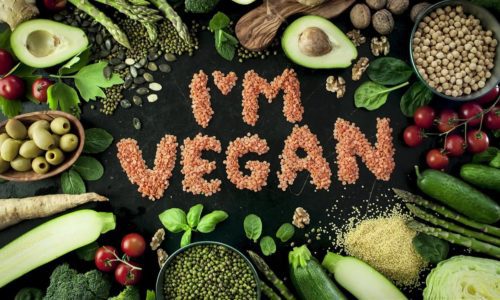How can I make sure my picninc food doesn’t spoil and make me sick? |

Summertime is the perfect time of year for outdoor cookouts and picnics. Unfortunately, food safety features that a home kitchen provides, such as temperature-controlled cooking, refrigeration, and washing facilities, are not always available when cooking or picnicking outdoors. This increases the risk of food poisoning, more accurately known as acute gastroenteritis. The most common causes for this are undercooking, spoilage or cross-contamination of food that is being prepared. Let’s look at some ways of minimizing these risks.
When shopping for picnicking foods:
- Shop last for foods that should remain cold, such as meats and poultry. The least amount of time spent in the shopping basket, the better.
- To avoid contaminating other foods in the basket from meat juices place meat items in a separate bag.
- If it will take a while to get the food into a refrigerator, you may want to take meats or perishables home in a cooler with ice.
- Once home, place perishables in the refrigerator right away. If you are using cloth shopping bags, be sure and wash them regularly.
When prepping food for the picnic:
- Clean fresh fruits and vegetables under running water at home prior to packing for the picnic.
- Thaw frozen food in the refrigerator rather than at room temperature.
- Perishable foods should be transported in coolers with plenty of ice or cold packs to maintain a temperature of 40 degrees F or below.
- Consider using separate coolers for perishable foods and beverages. The cooler with perishable food should be opened as infrequently as possible.
Prior to preparing food at the picnic site:
- Wash hands, work areas, and utensils before preparing food. You may even need to rewash your hands or utensils during food preparation if they come in contact with the uncooked food or juices.
- If soap and water are not available, use a liquid hand sanitizer. Have plenty of clean utensils and platters available so that you avoid using the same platter and utensils for raw and cooked meats.
To assure that meats are cooked adequately (from the U.S. Food and Drug Administration):
- Cook steaks, chops or roasts of beef, pork, lamb or veal to a minimum internal temperature of 145 °F as measured with a food thermometer before removing meat from the heat source. For safety and quality, allow meat to rest for at least three minutes before carving or consuming. For reasons of personal preference, consumers may choose to cook meat to higher temperatures.
- Cook all raw ground beef, pork, lamb, and veal to an internal temperature of 160 °F as measured with a food thermometer.
- Cook all poultry to a safe minimum internal temperature of 165 °F as measured with a food thermometer.
When serving food at the picnic:
- Don’t put cooked food on the same platter that held raw meat or poultry. Any harmful bacteria present in the raw meat juices could contaminate safely cooked food.
- Foods like chicken salad (or anything containing mayonnaise) and desserts that include cream or other dairy products should be kept cold in a refrigerator or cooler until serving. Many dishes can be placed directly on ice, or in a shallow container set in a deep pan filled with ice on the serving table.
- Perishable food that sat out for longer than 2 hours (or less if the temperature is above 90 degrees) should be discarded.
- Grilled food can be kept hot until served by moving it to the side of the grill rack, away from the flame where it can overcook. When taking food off the grill, use a clean platter.
For many people, summertime is synonymous with cooking in the outdoors. Make sure to follow these simple rules for healthy and enjoyable outdoor dining.
Sources for article:
Eating Outdoors, Handling Food Safely from the U.S. Food and Drug Administration
Perfect Food Safe Picnics! from Foodsafety.gov
If you have any more questions just Ask Hanna, our health advisors are here to help.
Image: ©Shutterstock / eakkachai halang








